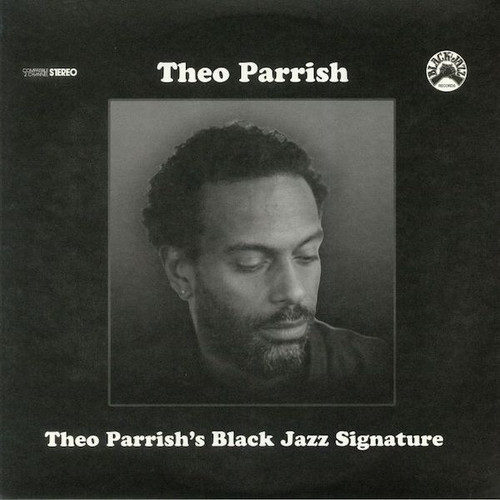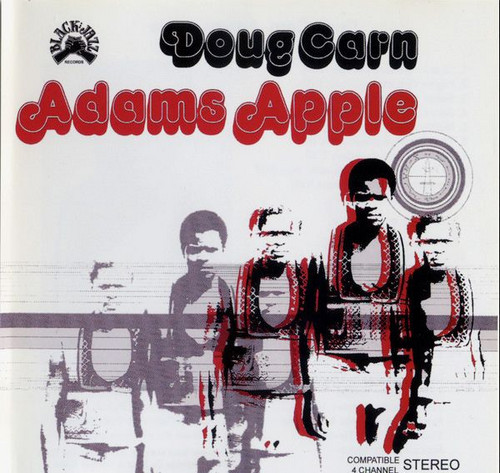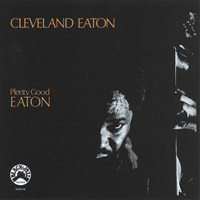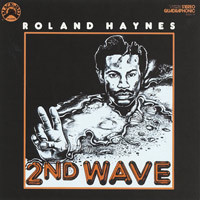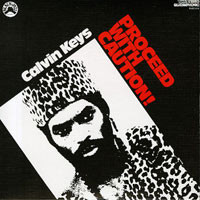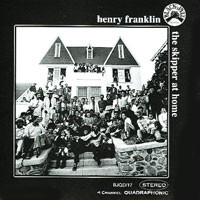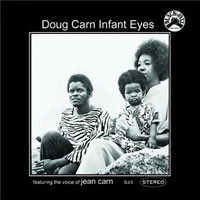★Snow Dog Records
Black Jazz Signature
**Finally repressed by popular demand.** Black Jazz Signature is a compilation album by American artist Theo Parrish. It was originally released through Snow Dog Records in 2013. The album features tracks from the 1970s record label Black Jazz Records, including "My Favorite Things" by Gene Russell, "Those Who Chant" and "Blue Bossa" by Walter Bishop Jr., "Jupiter" and "Convulsions" by The Awakening, "Trance Dance" by Doug Carn, "Time & Space" by Rudolph Johnson, "Criss Cross" and "BE" by Calvin…
Adams Apple
Further distanced in time from John Coltrane's spiritual new-jazz and the influential second Miles Davis quintet, Doug Carn showed a close affinity with R&B when recording his fourth and final Black Jazz album Adam's Apple. Sharing his interest in R&B was a platoon of committed, resourceful jazz musicians including young star-in-the-making Ronnie Laws, who had worked with Earth, Wind & Fire before that band's big commercial breakthrough. Of the others, ace guitarists Nathan Page and Calvin Keys …
Plenty Good Eaton
Cleveland "Cleve" Eaton is a member of the Alabama Music Hall of Fame, right there with Nat Cole, Wilson Pickett, Martha Reeves, Jerry Wexler, The Blind Boys Of Alabama, and a few dozen other notables. "I don't play like nobody else," he told The Birmingham News when inducted in 2008. "I do my own thing. It's absolutely Alabama." Eaton's Plenty Good Eaton, recorded in Curtis Mayfield's soul Chicago at Chess Recording Studio with local hired-guns and first out in 1975, belongs to the R&B genre,…
2nd Wave
In a fair and reasonable world, Roland Haynes would have compelled more attention than he did when his jazz-funk record 2nd Wave appeared on Black Jazz in the mid-1970s. Not to say the keyboardist was totally neglected back then, but he and other plugged-in pianists of his stylistic inclination (such as label-mate Doug Carn, Hampton Hawes, Don Grolnick, Larry Willis, and Gordon Beck) existed in the deep shadow cast by jazzman-turned-jazz-funk powerhouse Herbie Hancock, whose records with the H…
Proceed with Caution!
Whereas the earlier black jazz album Shawn-Neeq had its share of riff-based funk, Calvin Keys' second outing Proceed with Caution! (1974) sticks close to straight-ahead jazz verities with the 30-something guitarist in the studio with seven similarly young, on-the-rise musicians including Charles Owens (saxophones, flute), Oscar Brashear (trumpet), Al Hall Jr. (trombone), Kirk Lightsey (electric piano), Henry Franklin (bass), and Leon "Ndugu" Chancler (drums). Keys can really play the guitar, e…
The Skipper at Home
Jazz-man Henry Franklin, widely respected for his service to the finest jazz players, brought that ineffable quality called soulfulness into play when he made his first record for producer George Porter at Black Jazz, The Skipper. Not unexpectedly, his follow-up affair titled The Skipper at Home teems with the same jaunty uplift. In sync with Franklin's musical spirit on the second recording are returnees Charles Owens on saxophone, Oscar Brashear on trumpet and Kenny Climax on guitar along wi…
Revelation
An undisputed 70s spiritual jazz classic – and arguably the best album that Doug Carn ever cut for the Black Jazz label! The set is a masterpiece of spiritual jazz – with Carn on keyboards setting up the groove, and wife Jean singing some incredible vocals. Doug Carn's third album for Black Jazz, Revelation (1973), is as compulsively listenable as his previous outings. The keyboardist-composer-arranger-bandleader is on top of his game -- Jean Carn returns to handle the vocal parts, the hir…
